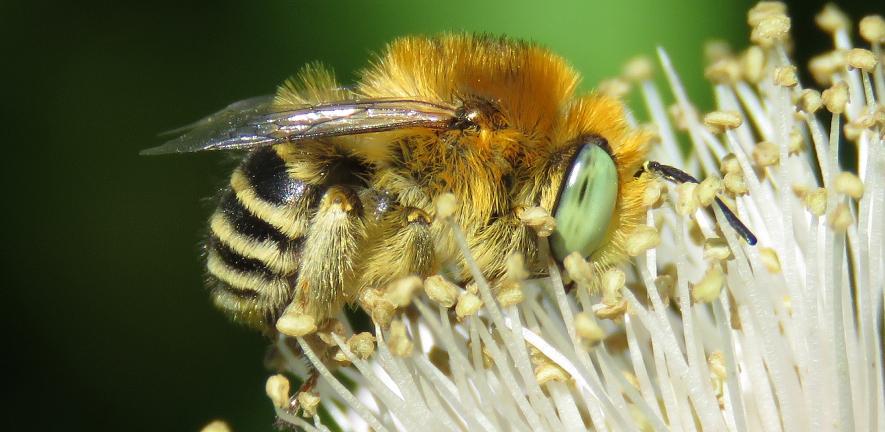
How effective are current conservation policies at reversing insect decline?
Supervisor
Insect decline is a pressing conservation issue of the 21st century, and there is much discussion in the literature about its extent, and its implications for biodiversity and human well-being. Insects dominate the animal kingdom in numbers of species and play a central role in the functioning of terrestrial ecosystems. Their persistence, especially in human-dominated systems, is an important indicator of the condition of natural capital stock. Declines of insect abundance, biomass, and range are reported from many places around the world, across insect orders, and from a spectrum of ecological guilds (Wagner 2020), but they are not universal. Conservation actions and policies to address insect decline are being formulated around the world, with an initial focus on pollinator decline (Stout and Dicks 2022). There is an urgent need for quantitative analyses of the effectiveness of conservation measures, for supporting those insect taxa that are actually declining.
This project will work with existing long-term insect assemblage and time series datasets, to develop and explore hypotheses about the impacts of specific conservation actions and policies on insect (or arthropod) abundance and diversity. The work is expected to focus on agri-environment policy at European or UK scales, on protected areas, and/or to develop analyses around what ‘Biodiversity Net Gain’ could deliver for insect conservation. Methods are likely to include econometric methods for impact evaluation, meta-analyses and expert elicitation.
This is a desk-based project that requires a high level of quantitative skill. The student will receive training in state-of-the-art evidence synthesis techniques, including systematic mapping and artificial intelligence-based text analytics; data management, curation, and analysis; GIS and spatial data analysis; impact evaluation; science communication; data visualisation and advanced ecological statistics using R.
The student will work directly with several international teams building sources of data to address these questions, including Conservation Evidence, GLiTRS and EntoGEM.
References
Stout, J. C., & Dicks, L. V. (2022). From science to society: implementing effective strategies to improve wild pollinator health. Philosophical Transactions of the Royal Society B: Biological Sciences, 377(1853), 20210165. doi:doi:10.1098/rstb.2021.0165
Wagner, D. L. (2020). Insect Declines in the Anthropocene. Annual Review of Entomology, 65(1), 457-480. doi:10.1146/annurev-ento-011019-025151
Wauchope, H. S., Amano, T., Geldmann, J., Johnston, A., Simmons, B. I., Sutherland, W. J., & Jones, J. P. G. (2021). Evaluating Impact Using Time-Series Data. Trends in Ecology & Evolution, 36(3), 196-205. doi:10.1016/j.tree.2020.11.001
